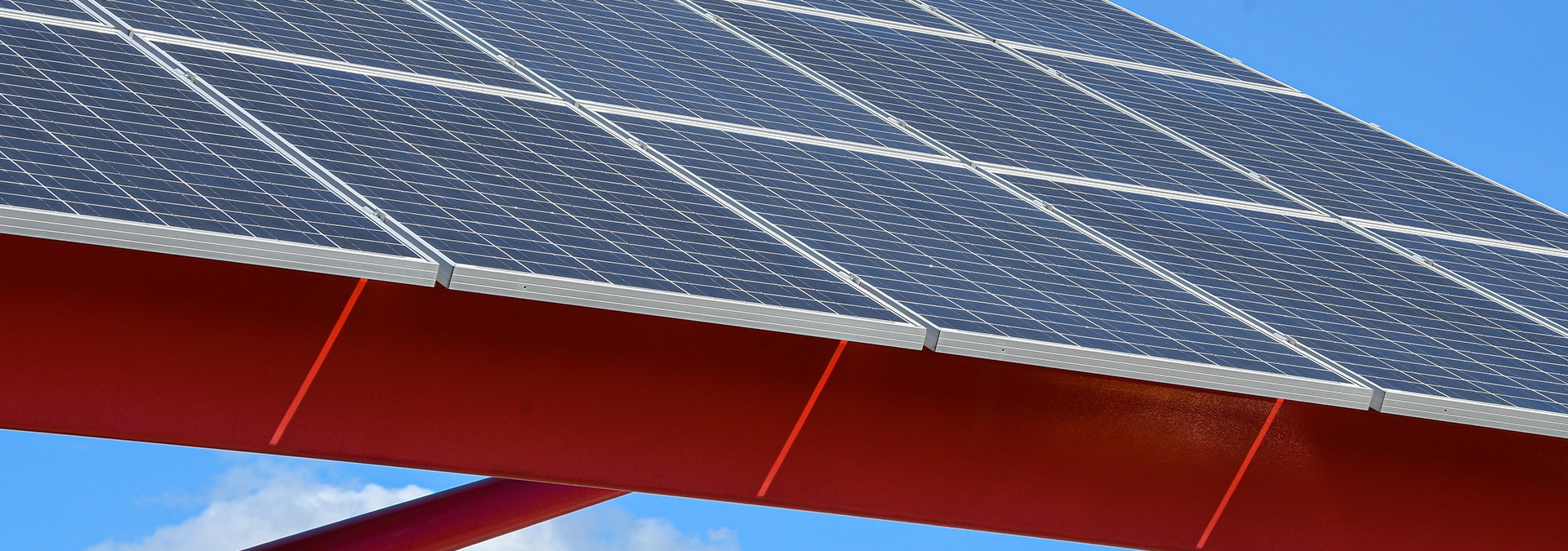
Environment
Sustainability
We are committed to finding sustainable ways to conduct business.
When it comes to climate change, we are constantly reminded of all the things that are out of our control—whether it’s other countries building coal-fired power plants or our continued reliance on fossil fuels. At Massport, we think it’s time to focus on the things we can control, like our facilities, our equipment, and how we move people. That focus not only helps us make progress—it sends a strong message to everyone who is watching.
In 2022, Massport launched its roadmap to reach net zero emissions by 2031, almost 20 years ahead of federal- and state-mandated deadlines. Our plan is meaningful, ambitious, and—most important of all—achievable. We will improve energy efficiency in our facilities, develop more renewable energy, invest in electric vehicles, and continue to expand our high-occupancy vehicle transportation program.
We are strongly encouraging our business partners and vendors to do their part in this effort. This includes mitigating sources of greenhouse gas emissions, like aircraft, tenant fleet vehicles and airfield ground service equipment, hangars, passenger and employee transportation, cargo vessels, harbor craft, and cruise liners.
Over the last four decades, Massport has led on many “firsts” when it comes to the environment. By approaching this challenge of climate change with the same creativity, urgency, and determination that we always have, we can get things done and set an example in the process.
Massport Sustainability, Net Zero and Resiliency Reporting
Massport regularly publishes reports to showcase its ongoing efforts to be a more sustainable and resilient organization. Each year since the publication of the "2015 Boston Logan International Airport Sustainability Management Plan" (Logan SMP), Massport has continued to widen the lens of its sustainability and resiliency goals to include its other aviation and maritime facilities. Massport also has continually sought new avenues to be a better neighbor to surrounding communities—reducing noise and air pollution, improving ground access to Logan, and extending Diversity, Equity & Inclusion (DE&I) initiatives beyond its operational borders.
Massport Sustainability, Net Zero and Resiliency Programs
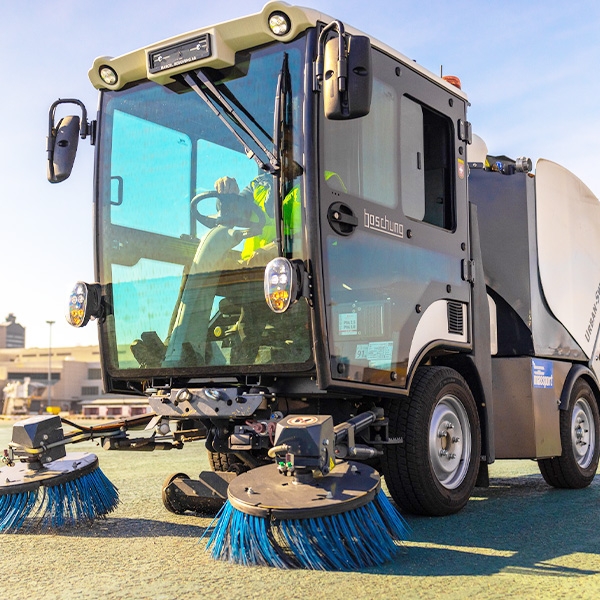
Roadmap to Net Zero
Protecting our role as an essential economic engine and improving quality of life.
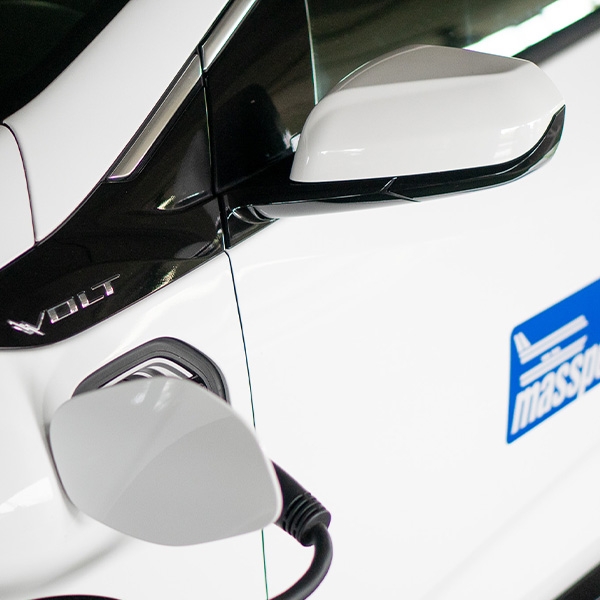
Air Quality
Lowering emissions across all of our properties.
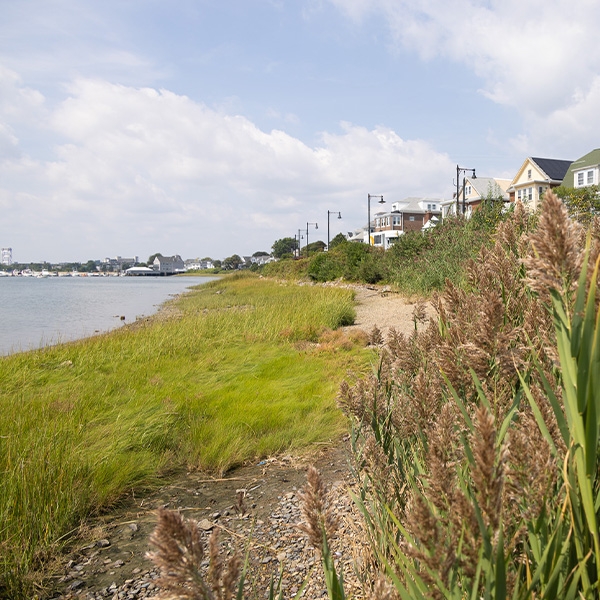
Resiliency
Preparing for and successfully managing the impacts of climate change.
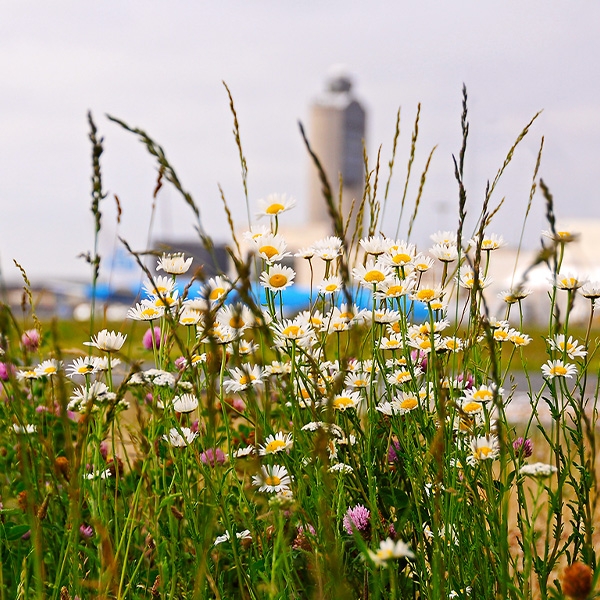
Sustainability Goals
Doing our part to reduce our environmental footprint.
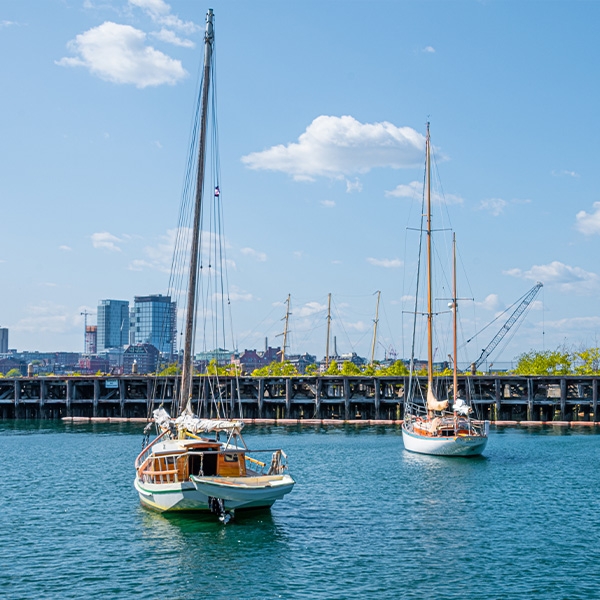
Water Quality
Protecting Boston Harbor and limiting impacts from airport activities.
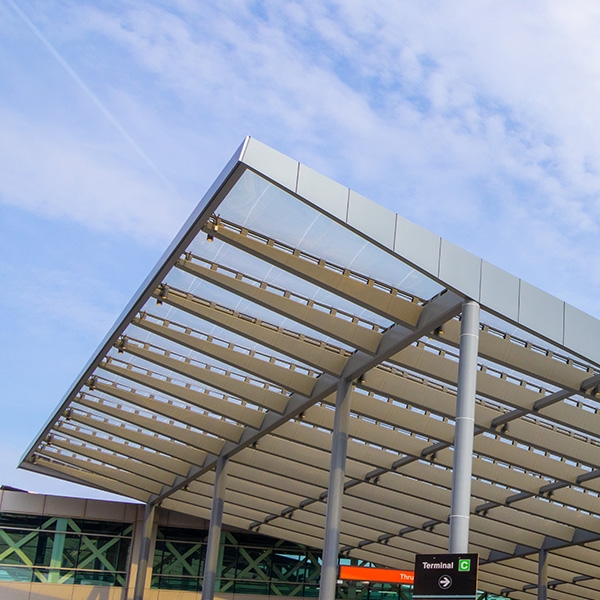
Sustainable Design and Construction
Building for the future and creating healthy environments.
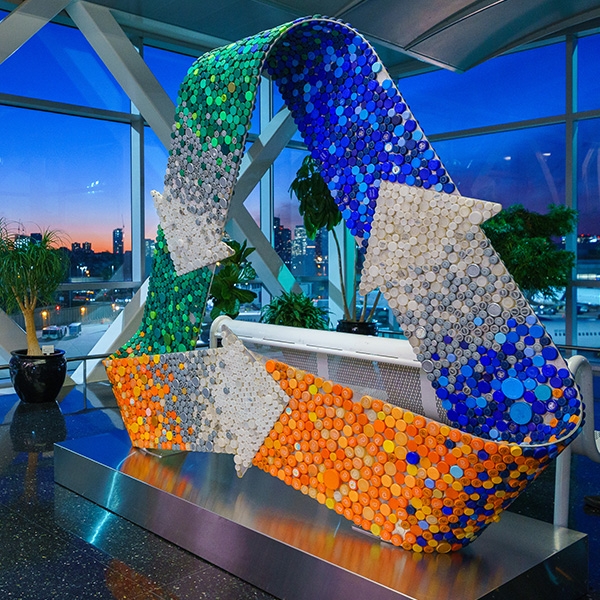
Recycling
Saving valuable reusable resources through responsible actions.